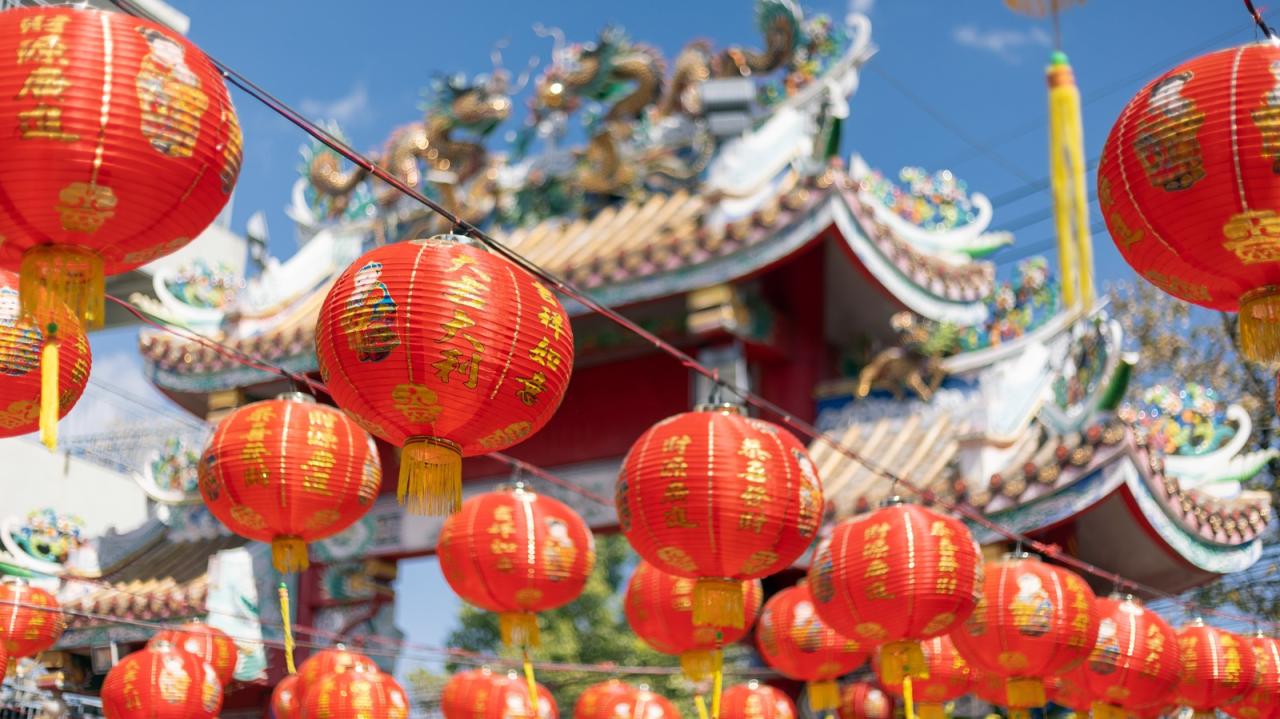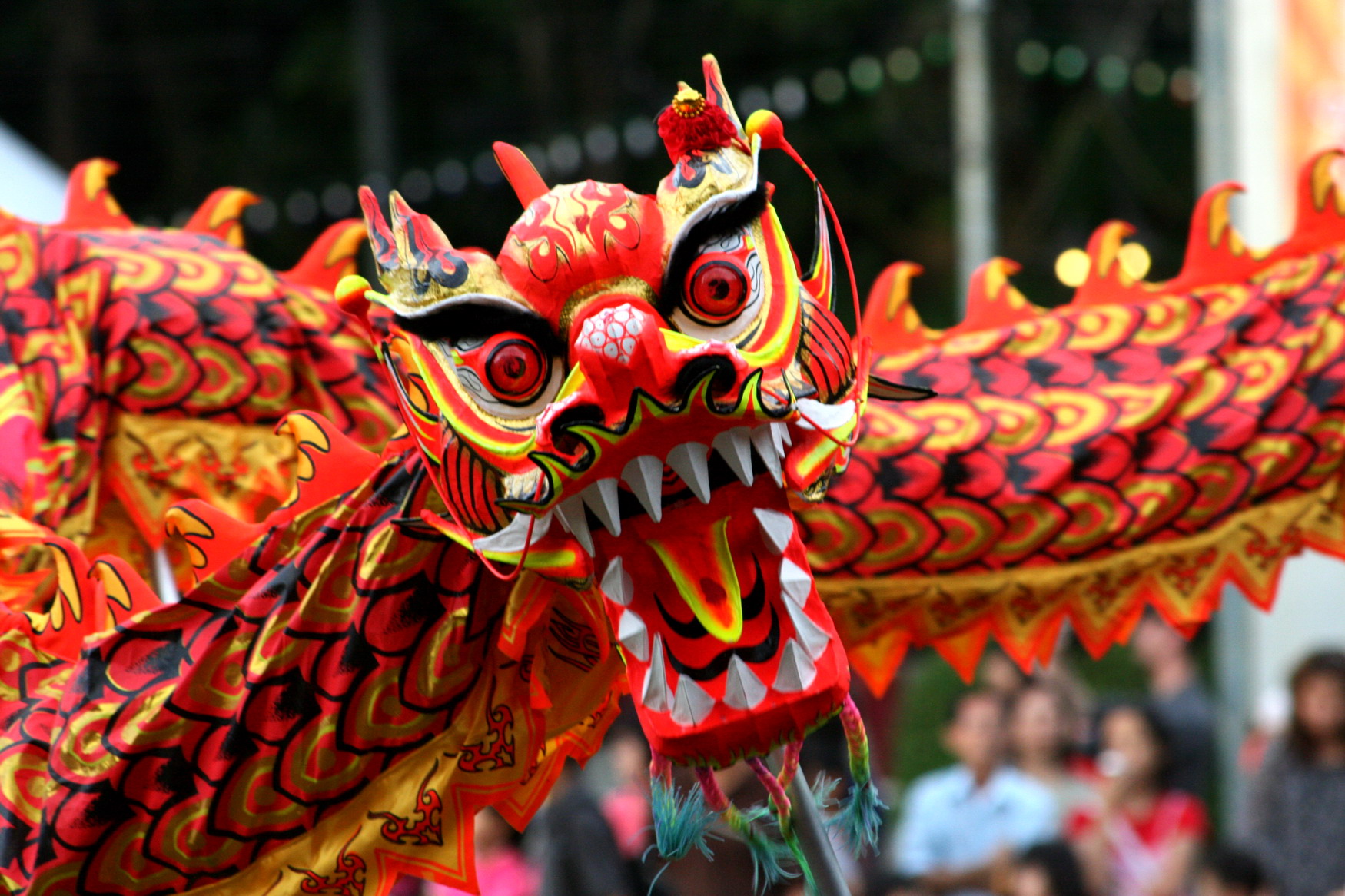The phrase "I love you" resonates across all cultures, a universal declaration of profound affection. Yet, the way it is expressed, understood, and even used varies dramatically from one society to another. In the Chinese language, the direct translation, "我爱你" (wǒ ài nǐ), holds a unique and often complex position, embodying a rich tapestry of linguistic nuance, cultural heritage, and evolving modern sensibilities. Far from being a simple three-word phrase, "我爱你" is a gateway into understanding the intricate dynamics of Chinese interpersonal relationships, emotional expression, and the enduring influence of tradition.
I. The Linguistic Core: 我爱你 (Wǒ ài nǐ) – A Deconstruction
At its surface, "我爱你" is straightforward:
- 我 (wǒ): Pronounced "wuh" (third tone), meaning "I" or "me."
- 爱 (ài): Pronounced "ai" (fourth tone), meaning "love" (as both a verb and a noun).
- 你 (nǐ): Pronounced "nee" (third tone), meaning "you."
The pronunciation, particularly the tones, is crucial in Mandarin. Mispronouncing a tone can change the meaning of a word entirely, though in the case of "我爱你," the context usually prevents severe misunderstanding.
The character 爱 (ài) itself is deeply symbolic. In its traditional form, 愛, it comprised several components:
- 爪 (zhuǎ): claw/hand (at the top) – often interpreted as "to hold" or "to grasp."
- 冖 (mì): cover/roof – suggesting protection or enclosure.
- 心 (xīn): heart (in the middle) – representing emotion, the core of love.
- 夂 (zhǐ): go/walk (at the bottom) – implying action or movement.
This traditional character beautifully encapsulated the multifaceted nature of love: to hold, to protect, to feel deeply in one’s heart, and to act upon those feelings. The simplified character, 爱, while losing some of these visual components (specifically the "heart" radical is less prominent, replaced by 友 ‘friend’ or ‘friendship’ as a phonetic component with a modified radical at the top), still carries the same profound meaning. Its presence in the phrase "我爱你" signifies a powerful, often intense, form of affection.
II. The Cultural Nuance: The Silence of Love
Perhaps the most striking aspect of "我爱你" for Westerners is its relatively infrequent use in everyday conversation. Unlike many Western cultures where "I love you" is a common, almost casual, declaration among family members, romantic partners, and close friends, its Chinese counterpart is often reserved for significant moments, deep emotional confessions, or, increasingly, as a result of Western influence.
Several cultural factors contribute to this phenomenon:
- Confucianism and Filial Piety (孝, xiào): Traditional Chinese culture is deeply rooted in Confucian principles, which emphasize hierarchy, respect, and duty within relationships. Love, especially within families, is often assumed, demonstrated through actions, care, and sacrifice rather than explicit verbal declarations. Children show filial piety through obedience, care for their parents, and striving for success to bring honor to the family. Parents show love through providing for their children, strict discipline for their betterment, and tireless support. Saying "我爱你" to a parent, while not unheard of today, might historically have felt unnecessary or even slightly awkward, as the love was understood to be an inherent, foundational truth.
- Emotional Restraint and Modesty: There is a cultural preference for emotional restraint and modesty. Overt expressions of strong emotions, particularly in public, can sometimes be seen as immodest or even embarrassing. While this is changing, a deep-seated tendency to keep personal feelings somewhat private persists.
- Actions Speak Louder Than Words: This proverb holds immense weight in Chinese culture. Love is primarily demonstrated through tangible acts of care, support, and sacrifice.
- A parent who works tirelessly to provide for their child’s education, even at great personal cost, is showing profound love.
- A spouse who cooks a favorite meal, remembers a small detail, or takes care of household chores without being asked, is expressing affection.
- A friend who offers practical help during a difficult time exemplifies loyalty and care.
These actions are often considered more genuine and meaningful than mere verbal declarations.
- The "Assumed" Nature of Love: In close relationships, particularly within the family, love is often a given. It’s the air you breathe, the foundation upon which everything else is built. To explicitly state "I love you" might feel redundant, like stating the obvious.
III. Variations and Alternatives: The Spectrum of Affection
Given the cultural reserve surrounding "我爱你," Chinese people have developed a rich lexicon of indirect and alternative ways to express affection, ranging from subtle gestures to endearing terms.
A. Lighter Forms of Affection:
- 我喜欢你 (wǒ xǐhuān nǐ) – I like you: This phrase is far more commonly used than "我爱你" in initial romantic stages, among friends, or to express general fondness. It’s a safer, less intense declaration, allowing a relationship to develop without the immediate pressure of "love." It can also be used to express liking for objects or activities (e.g., 我喜欢吃火锅 – I like eating hotpot).
- 关心 (guānxīn) – Showing Concern: This is a paramount way of expressing love. Phrases like:
- 你吃饭了吗? (Nǐ chīfàn le ma?) – Have you eaten? (A classic, deeply caring question.)
- 你冷不冷? (Nǐ lěng bu lěng?) – Are you cold?
- 路上小心 (Lùshàng xiǎoxīn) – Be careful on the road.
These seemingly mundane questions are imbued with deep affection and care. They demonstrate that the other person is thinking of you and your well-being.
B. Endearments and Pet Names:
- 亲爱的 (qīn’ài de) – Dear / Darling: A very common term of endearment, used between romantic partners, sometimes parents to children, and even in formal letters to address a respected colleague or friend.
- 宝贝 (bǎobèi) – Baby / Treasure: Often used for children, but also widely adopted between romantic partners, similar to "baby" or "babe" in English.
- 老公 (lǎogōng) / 老婆 (lǎopó) – Husband / Wife: While literally meaning "old man" and "old woman," these terms are commonly used affectionately by married couples, and increasingly by unmarried partners in serious relationships, sometimes even replacing their given names.
- 小可爱 (xiǎo kě’ài) – Little Cutie: A playful term for someone endearing.
- 傻瓜 (shǎguā) / 笨蛋 (bèndàn) – Silly / Idiot: Surprisingly, these can be terms of endearment, especially between romantic partners or close friends, implying a playful affection rather than genuine insult. The tone and context are key.
- Using diminutives of names: Adding "小" (xiǎo – little) before a name (e.g., 小明, Xiǎo Míng) or repeating the last character of a name (e.g., 晶晶, Jīngjīng) are common ways to express closeness and affection.
C. Poetic and Literary Expressions:
Historically, love was often expressed through poetry, classical literature, and subtle metaphors. A beautiful poem gifted, a song composed, or a meaningful object shared could convey emotions far more profoundly than a direct statement. This tradition continues to influence modern expressions of love, with many romantic gestures drawing on aesthetic and symbolic elements.
IV. Modern Usage and Western Influence
The landscape of emotional expression in China is not static; it is constantly evolving, particularly among younger generations. Globalization, the pervasive influence of Western media (movies, TV shows, music), and the rise of digital communication have significantly impacted how "我爱你" is perceived and used.
- Increased Directness: Younger Chinese people, especially those exposed to Western media, are more comfortable using "我爱你" directly, particularly in romantic relationships. It’s becoming more common to hear it exchanged between partners, even if still less frequently than in some Western countries.
- Online Culture and "520": The digital age has birthed unique expressions of love. "520" (wǔ èr líng) is a prime example. Because the pronunciation of "520" sounds similar to "我爱你" (wǒ ài nǐ) in Mandarin, it has become a popular shorthand for "I love you" online, especially during holidays like May 20th (520 Day), which is unofficially celebrated as a Chinese Valentine’s Day. This digital code allows for a playful, less formal way to express affection.
- Romantic Holidays: Western holidays like Valentine’s Day (情人节, Qíngrénjié) and the traditional Chinese Qixi Festival (七夕节, Qīxījié) are increasingly occasions for direct declarations of love, gift-giving, and public displays of affection.
However, even with these changes, the underlying cultural framework still shapes how "我爱你" is received. An older generation might still find direct declarations less comfortable, preferring the subtle language of actions.
V. Beyond the Words: The Depth of "Ai" (爱)
The concept of "爱" (ài) in Chinese extends far beyond romantic love. It encompasses a broad spectrum of affections and commitments:
- Familial Love (亲情, qīnqíng): The deep, unbreakable bond within a family, often expressed through care, responsibility, and sacrifice.
- Patriotic Love (爱国, àiguó): Love for one’s country, a significant cultural value.
- Love for Humanity/Benevolence (仁, rén): A core Confucian virtue, emphasizing empathy and compassion for others.
- Love for Objects/Activities: One can "爱" their job (爱工作), their city (爱北京), or their hobbies (爱音乐 – love music). In these contexts, "爱" signifies deep passion, fondness, or dedication.
Understanding the breadth of "ai" helps in appreciating why "我爱你" for a person carries such weight. When directed at an individual, especially romantically, it signifies a deep, committed, and often all-encompassing affection, rooted in care, responsibility, and a willingness to sacrifice.
VI. Learning and Using "I Love You" in Chinese
For non-native speakers, navigating the intricacies of expressing love in Chinese requires sensitivity and cultural awareness:
- Start with "我喜欢你": When unsure, especially in the early stages of a romantic relationship or with new friends, "我喜欢你" is a safer and more appropriate choice.
- Observe and Learn: Pay attention to how native speakers express affection in different contexts. Notice the subtle gestures, the tones of voice, and the actions that convey care.
- Context is King: Consider the relationship, the setting, and the other person’s personality. A direct "我爱你" might be perfectly acceptable with a long-term partner in a private moment, but awkward or inappropriate with a new acquaintance or in a formal setting.
- Actions Speak Loudest: Regardless of verbal declarations, consistently showing care, respect, and support will always be understood and appreciated as expressions of love in Chinese culture.
- Embrace Indirectness: Learn to recognize and appreciate the indirect expressions of love – the worried questions, the shared meals, the thoughtful gifts. These are often more profound than any explicit statement.
Conclusion
"我爱你" in Chinese is much more than a simple translation; it is a cultural artifact, a reflection of historical values, and a barometer of societal change. While its linguistic structure is straightforward, its cultural usage is layered with nuances of respect, modesty, and the profound belief that true love is best demonstrated through consistent action rather than mere words.
As China continues to evolve, so too does the expression of its deepest emotions. The increasing directness among younger generations, influenced by global trends, suggests a gradual shift. However, the timeless wisdom embedded in Chinese culture – that love is an unspoken symphony, composed of thoughtful gestures, unwavering support, and quiet understanding – will likely continue to resonate. To truly understand "I love you" in Chinese is to appreciate this delicate balance between the directness of language and the profound depth of cultural meaning, recognizing that sometimes, the most powerful declarations are those that are felt, rather than explicitly said.


